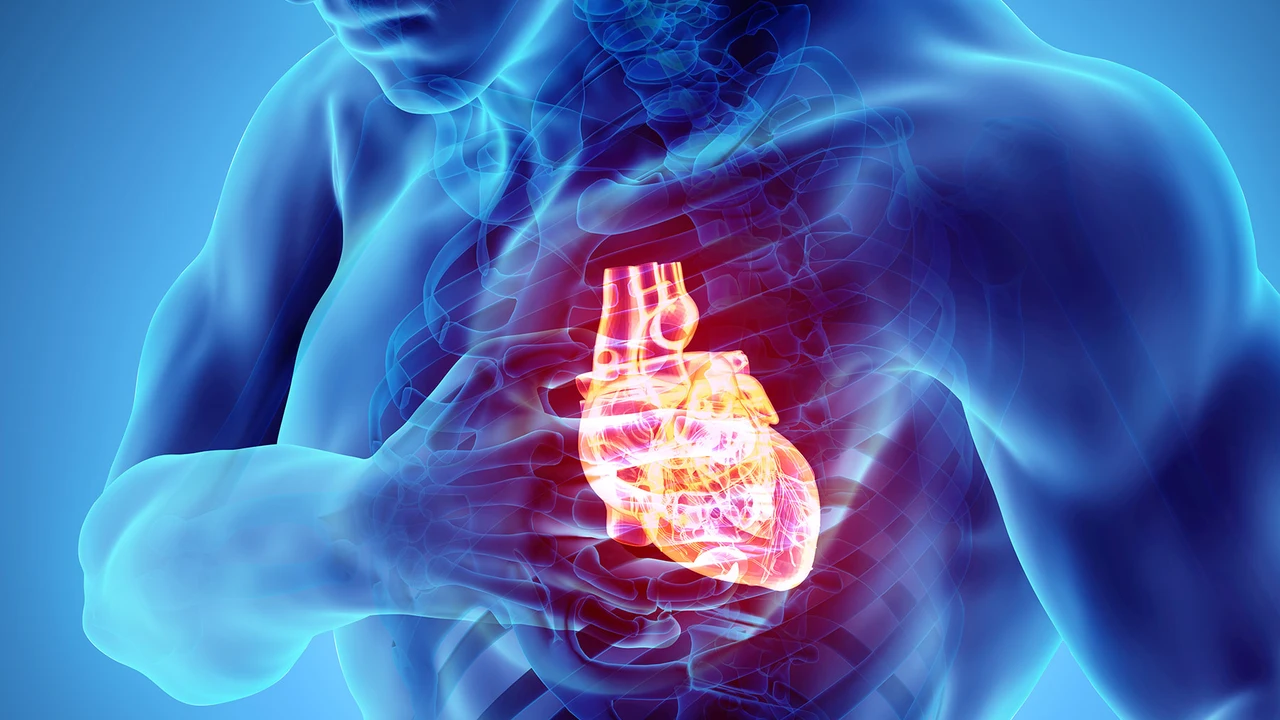- How to Use Automated Dispensing Cabinets Safely in Clinics Feb 11, 2026
- Medication Storage and Authenticity: Protect Your Home Supply from Counterfeits and Accidents Jan 30, 2026
- Why the First Generic Drug Filer Gets 180 Days of Market Exclusivity Dec 10, 2025
- Buy Generic Levitra (Vardenafil) Online in Australia 2025: Safe, Cheap Options, Prices & Alternatives Sep 11, 2025
- Herpes Simplex on Skin: How to Prevent Recurrences and Care for Outbreaks Jan 6, 2026
Liver‑Heart Connection: Why Your Liver Health Matters for Your Heart
When you think about heart disease, you usually picture clogged arteries or high blood pressure. But a sick liver can put the same kind of stress on your heart. In people with liver failure or severe cirrhosis, the heart often has to work harder, the rhythm can get weird, and the blood pressure can swing. Understanding this link helps you catch problems early and keep both organs running smoothly.
How Liver Trouble Burdens the Heart
The liver does more than clean toxins – it regulates blood volume, makes proteins that keep fluid from leaking, and helps balance hormones. When the liver can’t do its job, several things happen that affect the heart:
- Fluid overload: A failing liver can’t remove excess fluid, so it builds up in the abdomen (ascites) and legs. This extra fluid makes the heart pump against higher pressure, which can lower the amount of blood the heart actually pumps out (cardiac output).
- Portal hypertension: High pressure in the portal vein forces blood to take alternate routes, creating extra strain on the heart and lungs.
- Toxic buildup: Substances like ammonia and cytokines stay in the blood longer. They can mess with the heart’s electrical system, leading to irregular beats (QT prolongation) and weaker contractions.
- Hormonal changes: The liver normally clears certain hormones. When it fails, hormones like estrogen rise, which can cause the heart muscle to become stiffer (cirrhotic cardiomyopathy).
All these factors combine into a pattern doctors call “cirrhotic cardiomyopathy” – a subtle, often hidden heart problem that shows up as low energy, shortness of breath, or fainting.
Signs You Shouldn’t Ignore
Because the symptoms can be vague, it’s important to know what to look for:
- Unexplained fatigue or feeling out of breath after light activity.
- Swelling in the ankles, feet, or abdomen that gets worse over days.
- Rapid or irregular heartbeat, especially if you feel palpitations.
- Dizziness or faint spells, which may signal low blood pressure from fluid shifts.
If you have a chronic liver condition and notice any of these, ask your doctor for a cardiac evaluation. Simple tests like an echo, EKG, or blood work for BNP can reveal early heart strain.
"I thought my tiredness was just my liver,” says Mike, a 58‑year‑old with cirrhosis. “After a quick echo, we found my heart wasn’t pumping as well as it should. Adjusting my meds made a huge difference.” Real stories like Mike’s show how early detection changes outcomes.
Practical Steps to Protect Both Organs
Keeping your liver and heart happy isn’t rocket science. Here are everyday actions that make a big impact:
- Watch sodium: Too much salt worsens fluid buildup. Aim for less than 2,000 mg per day.
- Stay hydrated, but wisely: Drink enough water to keep kidneys working, but avoid large amounts of sugary drinks that add extra calories.
- Limit alcohol: Even small amounts can hurt a compromised liver and raise blood pressure.
- Balance protein: Your doctor may suggest a moderate protein diet to reduce ammonia levels without causing malnutrition.
- Exercise gently: Light walking or yoga improves circulation and helps the heart stay strong without overloading the liver.
- Take prescribed meds exactly: Diuretics help remove excess fluid, but missing a dose can cause sudden pressure spikes that stress the heart.
- Regular check‑ups: Quarterly liver panels and an annual heart echo keep you ahead of potential issues.
Remember, the liver‑heart connection isn’t a mystery – it’s a chain reaction that you can break or soften with smart choices.
So next time you hear “watch your liver,” add “and your heart” to the list. By staying aware of the signs, getting the right tests, and following these simple habits, you give both organs the best shot at a long, healthy life.
Exploring the Link Between Chronic Hepatitis B and Cardiac Conditions
- Garrick Elderton
- Dec 27, 2023
Hey folks, I've been diving deep into some health topics lately, and I stumbled upon something quite concerning. Did you know that chronic Hepatitis B doesn't just affect your liver? It turns out, it can also be a sneaky risk factor for heart disease. I'm talking about the kind of connection that's not so obvious, yet it's critical for understanding our overall health. In this post, I’m excited to share with you what I've learned about the intricate ways these two conditions intertwine, and why we should be paying closer attention to the health of our liver to protect our hearts. Stick around as we unpack the mysteries between these two!
